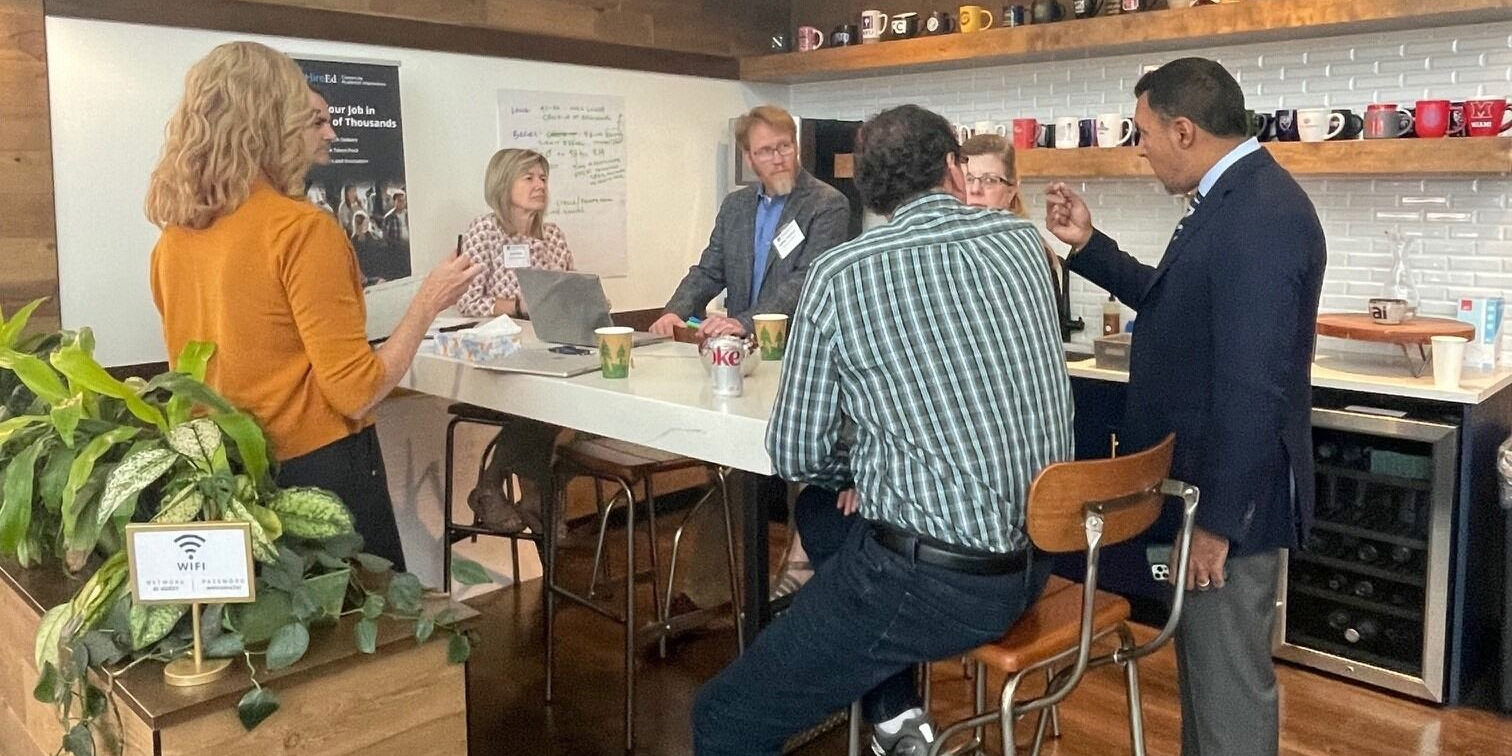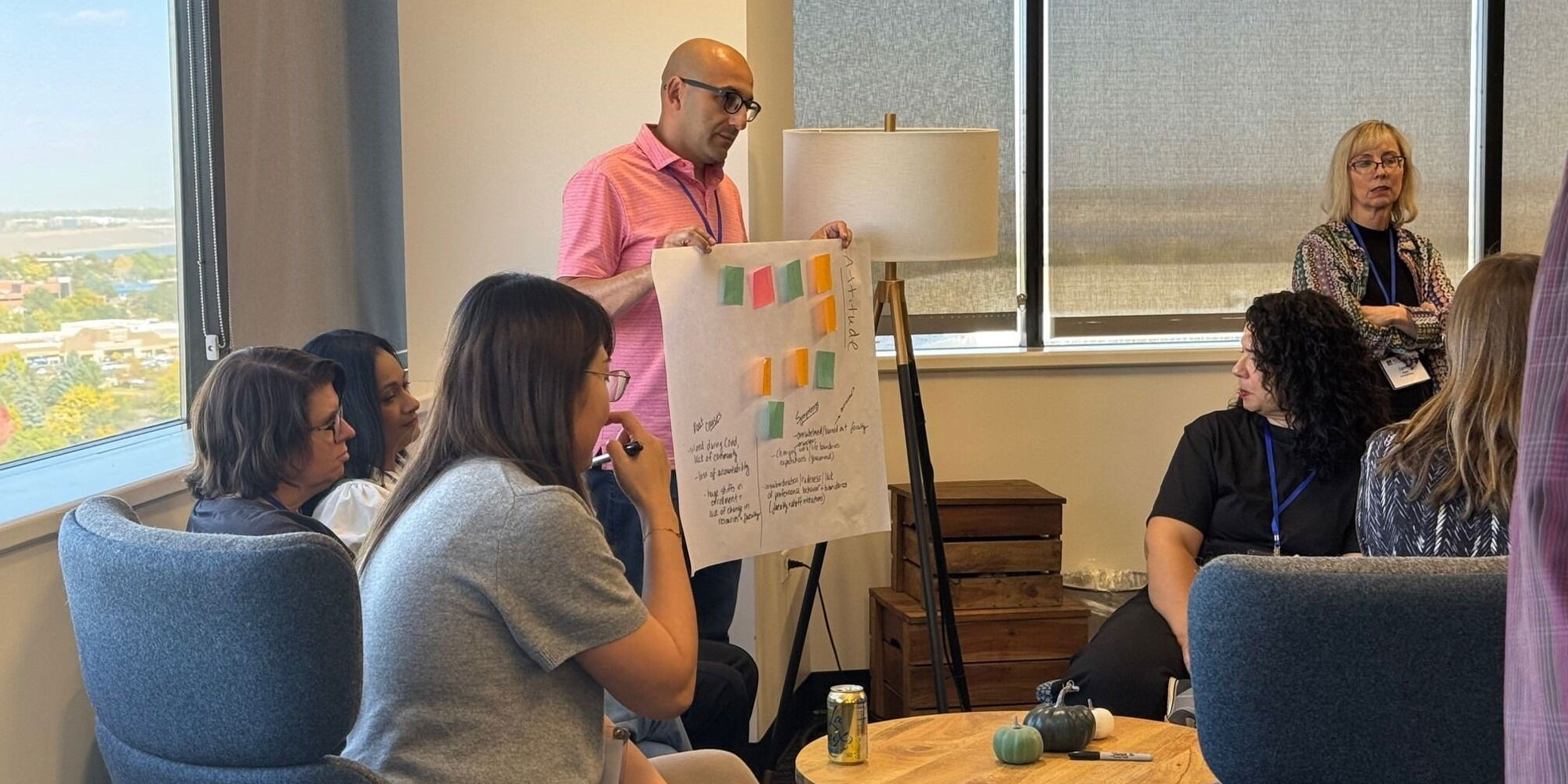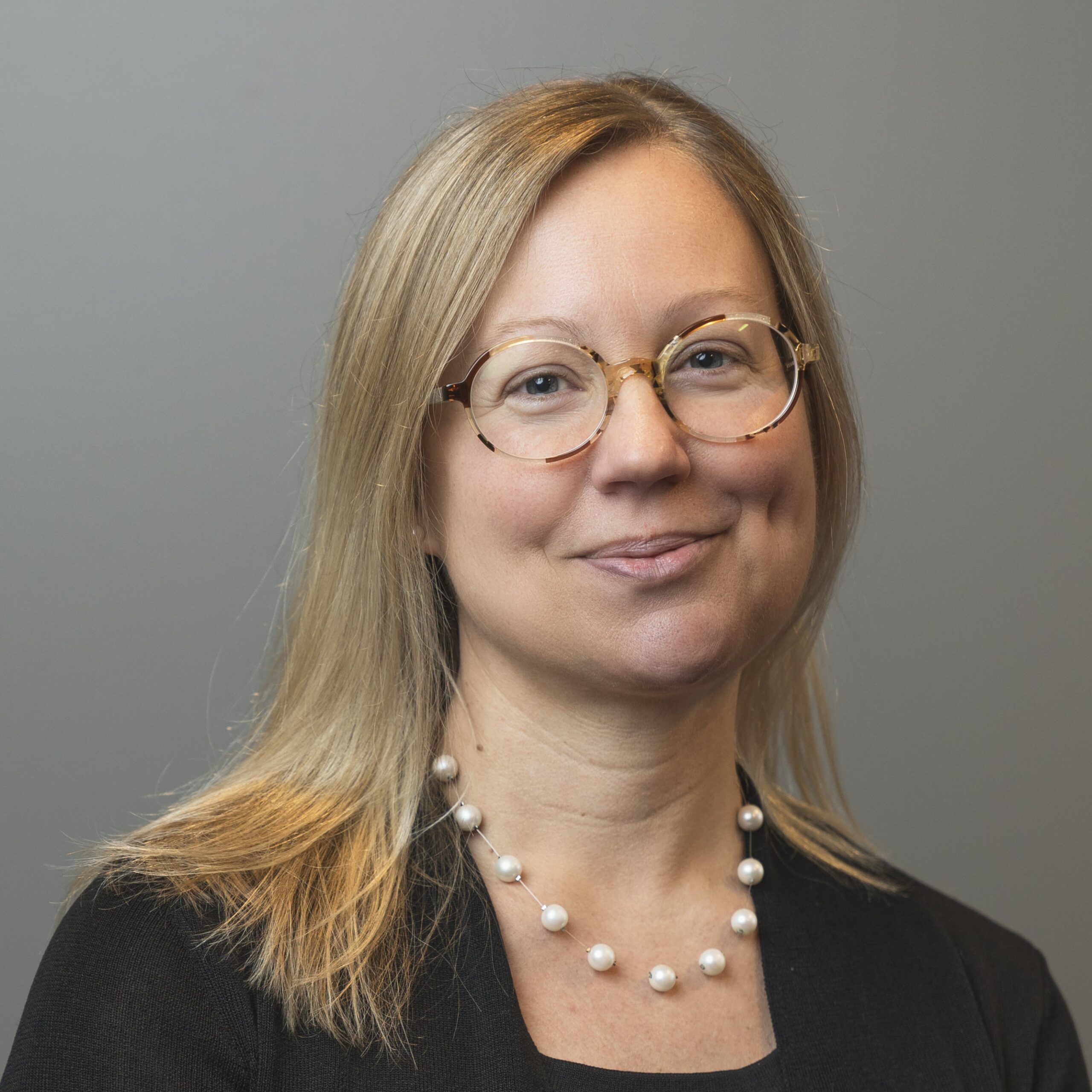The Fundamentals of Leadership for New or Aspiring Leaders in Higher Education
July 13-14, 2026 | Orlando, FL
Become a more self-aware, effective, and inclusive leader.
What You'll Gain
- Learn who you are as a leader in normal times and under stress through the Five Paths to Leadership® Self-Assessment.
- Communicate more effectively in times of conflict with the Kraybill Conflict Styles Assessment.
- Develop a leadership philosophy and strategies to hold yourself accountable to continued leadership development.
- Build your interpersonal skills and practice leadership with other new or aspiring leaders in higher ed.

Overview

Leadership begins with self-awareness of who you are as a leader and interpersonal skill development to effectively lead others. But you can’t get there without time for practicing new skills, reflecting on your strengths and areas for development, and getting feedback from other leaders in higher education on how to improve. This workshop, part of Academic Impressions’ foundational leadership programming, will help you to build confidence in your leadership philosophy and learn to lead your team equitably.
Session Descriptions
More details about the timing of the days can be found by clicking Learn More and Register, but session descriptions of the two days are below:
Understanding Your Core Purpose as a Leader
To be an effective leader, you must first know what calls you to leadership. A deep understanding of your purpose, values, and beliefs is critical for self-aware and effective leadership. In this session, we’ll work through activities designed to help you detect and refine your core purpose and values, which will become the north star for your leadership approach.
Defining Your Leadership Strengths
We’ll dive into the Five Path to Leadership® Self-Assessment to identify your strengths. The Five Paths will help you understand ways of achieving greater balance to improve your overall effectiveness as a leader. You’ll assess your own leadership style under normal circumstances as well as in times of stress. In order to get the most out of this session, you’ll need to complete the Five Paths to Leadership® Assessment before you arrive at the workshop.
Inclusive Leadership
In addition to impacting your core purpose and values, how you identify along a range of social identities (such as gender, race, age, sexuality, etc.) also affects how you view yourself and how others perceive you as a leader. In this session, we’ll unpack how these identities impact power dynamics and define equitable leadership, and we’ll practice embodying equitable leadership.
Creating Equitable and Inclusive Spaces and Environments
We’ll begin this session by helping you discover how your personal identity shapes the spaces you hold and the environments you help create. We’ll practice critical communication skills (e.g., deep listening, genuine question probing, and suspending assumptions and judgments) in order to foster equitable and inclusive collaboration in a group setting. We’ll wrap up this session by identifying how to choose accountability partners who will provide honest feedback about the environments you create.
Navigating Conflict
To facilitate productive conflict within teams, it is essential that you understand your own feelings and assumptions related to conflict. Using the Kraybill Conflict Styles Inventory, we’ll unpack ways to approach conflict in different situations to build a resilient team.
The Coaching Leader
All too often, leaders will take action to resolve issues for their team members instead of empowering them to identify their own solutions. More than ever, leaders need to know how to support team members where they are and to coach them in individual ways to bring out their best for the betterment of the individual and the team.
Leadership Capstone
During our final session, you’ll share your leadership philosophy and commitments for the next steps in your leadership development. You’ll walk way with articulated next steps, a time frame for action, and ways to keep yourself accountable to continue the work.
Does this content look like something you would like to bring to your campus to share with new and aspiring leaders? Academic Impressions can partner with you to offer this on your own campus, for leaders at all levels of the institution. Reach out to us to learn more!
Who Should Attend
This workshop is highly beneficial for leaders who are either in the early stages of a leadership position or who have had no formal leadership training.
How You’ll Use This to Move Work Forward
- New Staff Leaders – Build your leadership skills and confidence in your new position.
- Leaders Without Formal Leadership Training – Solidify your experience into practical, actionable strategies to move forward with your team.
- Aspiring Leaders – Set yourself up to successfully move into a leadership position in the near future.
Bring a team! Register 3 or more people and save more than $1,000! Discounts will be automatically applied at checkout.
Past Attendee Breakdown

Speakers

Dr. Bridget Turner Kelly
Associate Professor of Student Affairs, College of Education, University of Maryland
Learn More about Dr. Bridget Turner Kelly
Amy Giordano
Senior Learning & Development Manager, Academic Impressions
Learn More about Amy GiordanoWhat makes our events different?
Academic Impressions workshops provide the opportunity for quality conversations and relationship-building through both formal and informal networking opportunities in an intimate setting. Our in-depth and hands-on approach to learning provides you with actionable takeaways.
Learn More About the Academic Impressions Workshop Experience ➞
Grow Leadership. Maximize Your Budget.
Empower your team with professional development that pays off. Our Workshop Group Packs help you build leadership capacity while saving money. Discounts are automatically applied at checkout.
What Our Attendees Are Saying
Pricing
Starting at:
-
Non-Member Price: $2,495
/person
-
Member Price: $2,245
/person
-
Teams: Save $2,000+
for teams of 3 or more
Additional optional add-ons are available during checkout.
Questions About the Event?

Amy Giordano
Senior Learning & Development Manager, Academic Impressions
Learn More about Amy GiordanoHave you attended this event in the past or do you know someone who may be interested? Share it with your network.


